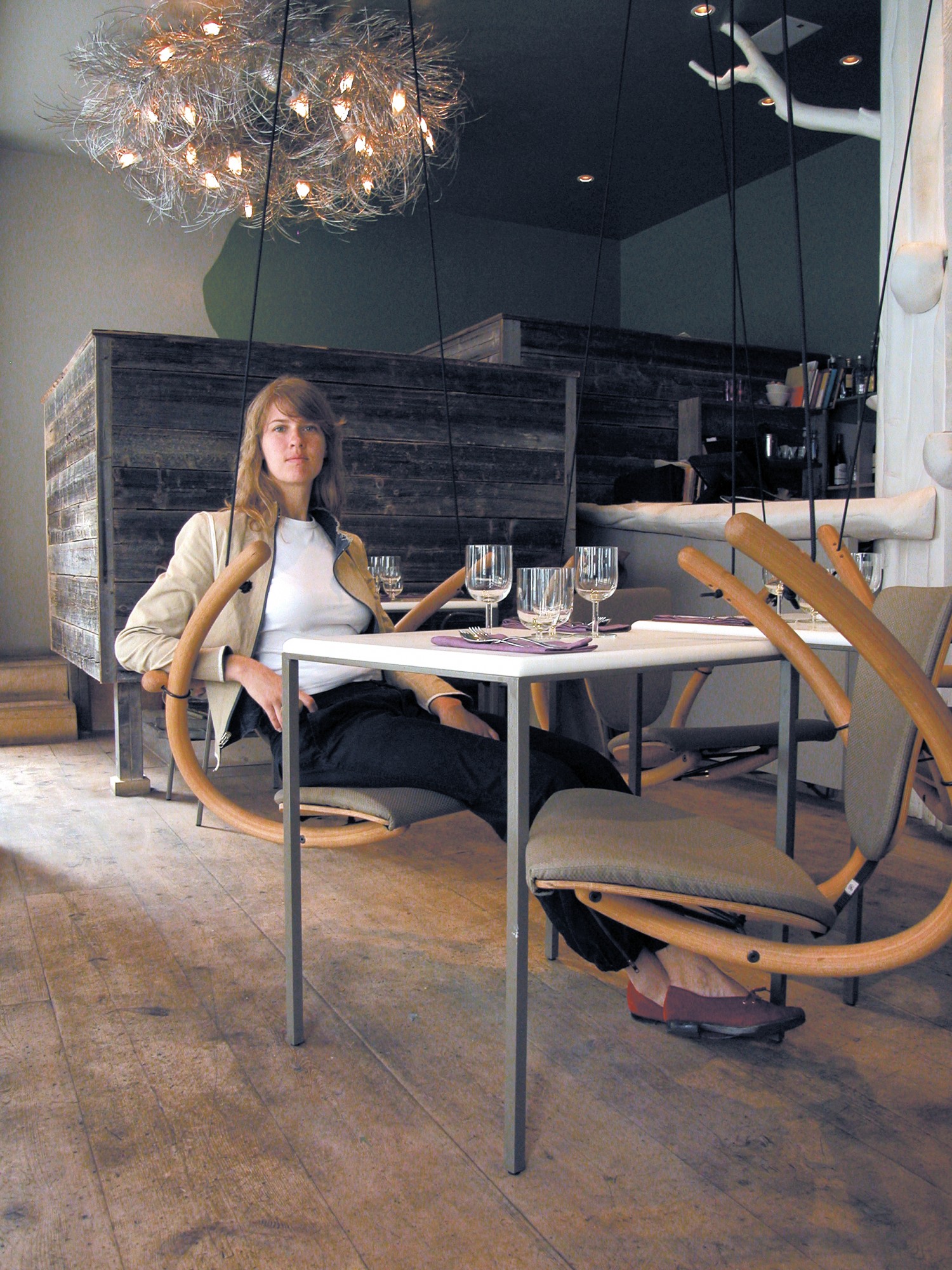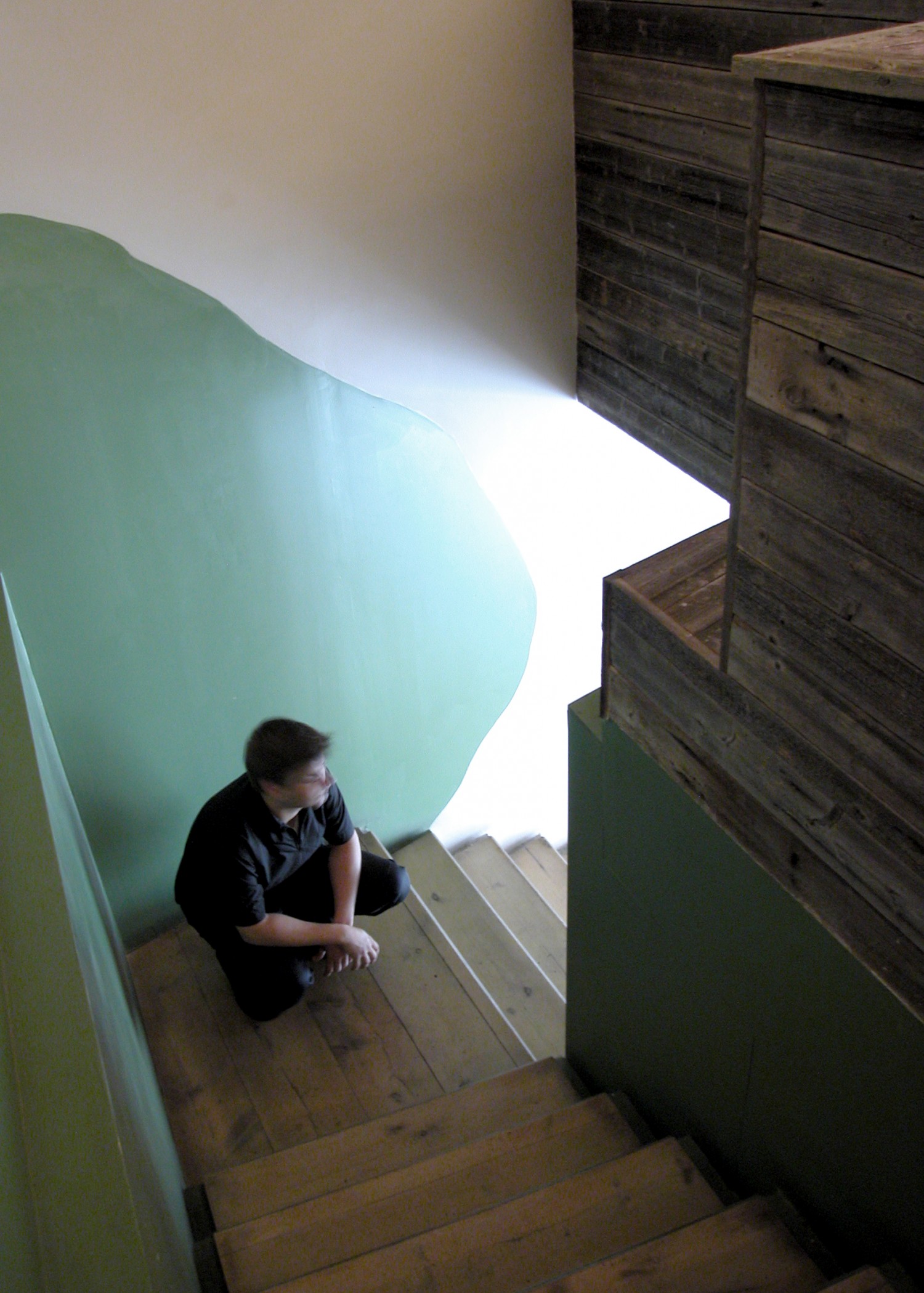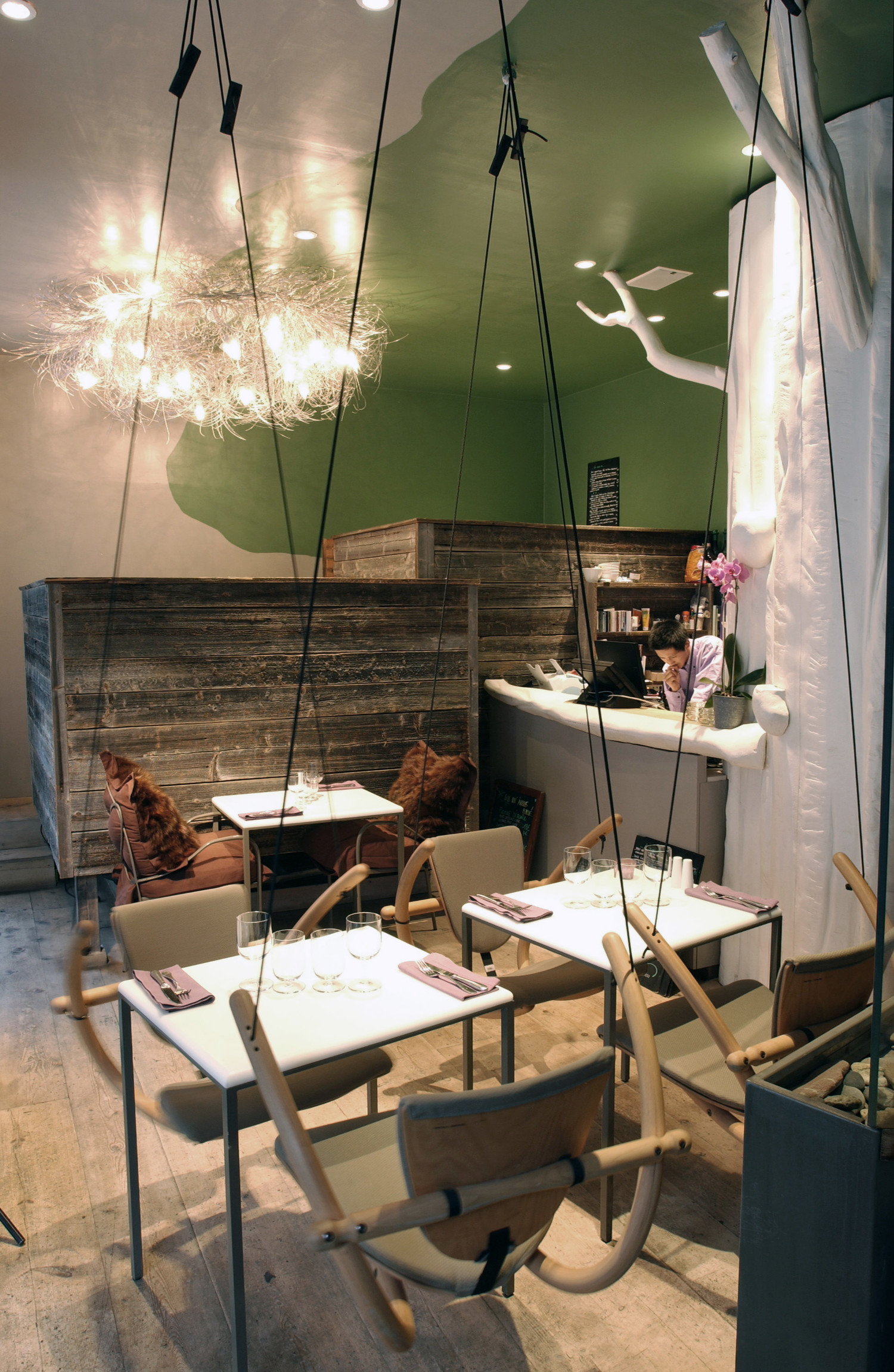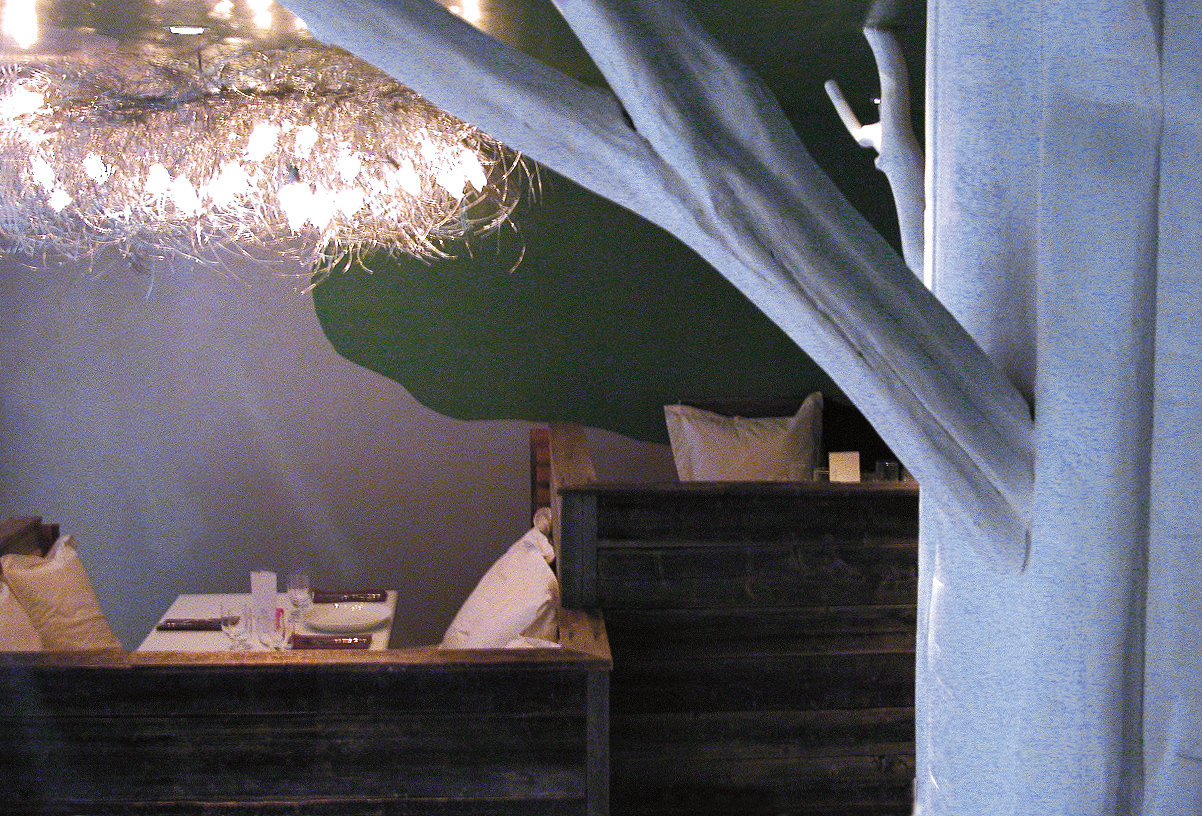Restaurant
200 m2
Paris, France
Sur un Arbre Perché is a restaurant in Paris. The concept is based on a fable by Jean de la Fontaine, “The Crow and the Fox” and proposes a space shaped for childrens dreams and contemporary comfort.








Restaurant
200 m2
Paris, France
Sur un Arbre Perché is a restaurant in Paris. The concept is based on a fable by Jean de la Fontaine, “The Crow and the Fox” and proposes a space shaped for childrens dreams and contemporary comfort.












"Our food is shipped all around the globe before it arrives at its final destination. We can eat the food we want in the quantity we like all year round." But do you know who is producing, with sustainable values, in your region? Every day our civilization increases its records of production, but also its wasting. While we produce too much, the third world has a food insufficiency. Each culture has its own food habits, resources and usages. For these reasons we do not manage food in the same way. In this context history plays an important role because it explains these food habits and uses in culture. The globalisation of food management world wide has created enormous gaps between the energy supplied to produce food and the end results as food is going through all the supply chains.
John Thackara wrote in his book “In the bubble” that to produce one kilogram of rice, 4.000 litres of water is needed, while you need 13.000 litres for one kilogram of meat. To empathise food experience and relocation, movements such as “Slow Food” are working to defend biodiversity in our food supply, spread taste education and connect producers of excellent foods with co-producers through events and initiatives. Slow Food believes the enjoyment of excellent food and drink should be combined with efforts to save the countless traditional grains, vegetables, fruits, animal breeds and food products that are disappearing due to the prevalence of convenience food and industrial agribusiness. With the Precious Food program, we wish to make a precise statement about food management, from production and distribution to the supply chain. The goal is to come up with alternative scenarios and generate tangible new solutions following new social behaviours to reduce the impact of our growing food need without taking away the pleasant experience of our daily food consumption. How could we eat better and healthier, for us and for the planet we extract these treasures from? Personalities from all around Europe with complementary backgrounds investigated the fact that humanity has this very relevant problem to solve towards our food consumption and its management on earth. They collaborated not only to generate relevant interrogations, but also came up with tangible new solutions, systems and creations that tell our desire to change to a large audience. Precious Food works through three scenarios: “Grow, Transform, Eat”. In these scenarios, the participants set their focus on local knowledge and knowledge transfer within the main theme Precious Food. While working on various projects in each scenario, at least one or more of the projects did focus on local structures and necessities. The focus allows participants from outside Norway to get an impression of local customs and increased the dialogue around food amongst participants. This dialogue, along with the exchange process, developed the impulses and knowledge further in both ways.
“Precious food” is a fertile title for a research through design program. It hints at the value of a vital ingredient, currently perceived as a commoditised energy intake. It opens the field of innovation and new sources of value creation in relation to the food chain. Over 20 engaged professionals, designers, chefs, students, engineers, artists, farmers, industrials, took a relevant place with their energy, motivation, creativity and empathy towards our food during 2011 and 2012.


Identity (“ having something identical “) can only be created through the act of sharing. That said, sharing is not always easy when natives already have their habits and social networks, while the newcomers do not know all the rules. Successful sharing is preceded by a personal selection of what is really important, like a chef selecting ingredients or a DJ selecting songs. Sharing becomes a way to progress and improve when it goes both ways. Each person thinks about what is important to them, shares it, and enjoys the experience and the selections of others.
In Florø, like in Saint-Nazaire, sharing seems to be a delicate operation even though we realised that in good conditions everyone is eager to contribute. The preparation of conducive conditions for sharing is what inspired us.
































Next to La Bourse, on the Parisian boulevard Quatre Septembre, the restaurant presents a fresh breath of air with Nordic inspirations. Wood from a 200-year old swedish barn has been unmounted and reused to create intimate spaces on different levels, like nests. A tree is placed centrally in the restaurant, spreading its leaves throughout the whole space from floor to ceiling. Swing chairs are hanging from the tree inviting guests to a playful meal for two. Sails diffuse the light and together with nest and branch lightinstallations, create a intimate setting. The Nest chair with its welcoming pillows and minimal table for 2 or 4 people was especially designed for this restaurant and are made out of wrought iron with the tabletop made out of polyethylene.